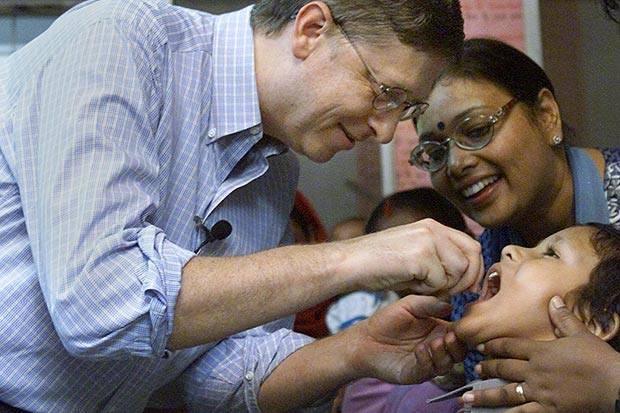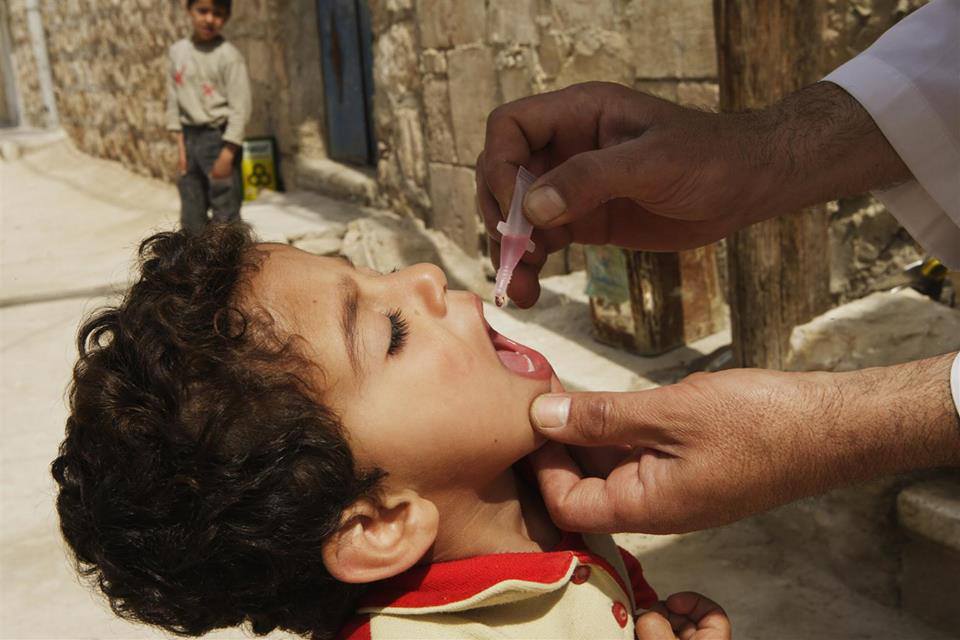Ebola Virus: A Major Threat to the U.S. or Overhyped?
For the third time in the history of the US Centers for Disease Control and Prevention (CDC), the agency has raised its level of emergency alertness to "Level 1"—this time in response to the Ebola virus, following outbreaks in West Africa. On August 8, the World Health Organization (WHO) also declared the Ebola outbreak an international public health emergency. The Ebola panic is very reminiscent of the 2005 bird flu hoax, and the 2009 H1N1 (swine flu) scare—another Level 1 "emergency" that turned out to be grossly hyped to promote the sales of unnecessary vaccines that turned out to be riddled with horrible side effects, including the devastating sleeping disorder, narcolepsy. Now, health officials warn that an Ebola outbreak in the US is just "one airline passenger away." While theoretically plausible, panic should be tempered by the fact that the American medical system is far better equipped to contain a non-airborne virus like Ebola, compared to West Africa. According to Anthony Fauci, director of the US National Institute of Allergy and Infectious Diseases, it would be "extraordinarily unlikely that it will be an outbreak at all because of the way we take care of people, how we have the capability of isolating them, how we understand what one needs to do to protect the health care providers and the kinds of health care facilities we have." The fact is, the CDC is trumping up the fear factor, while simultaneously downplaying its own role in potentially creating a devastating outbreak through its own negligence. Mere weeks ago, the CDC was found to have accidentally released two dangerous pathogens: anthrax and H5N1 avian influenza. Dr. Thomas R. Frieden, head of the CDC, recently issued a report that admits to sloppy work ethics at the lab. If you ask me, we should probably be more afraid of what the CDC does with the Ebola virus than anything.






